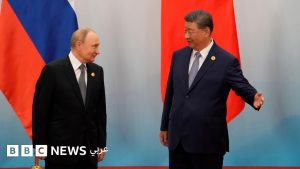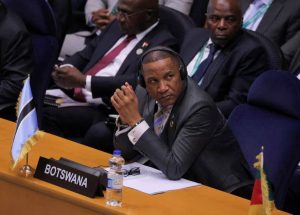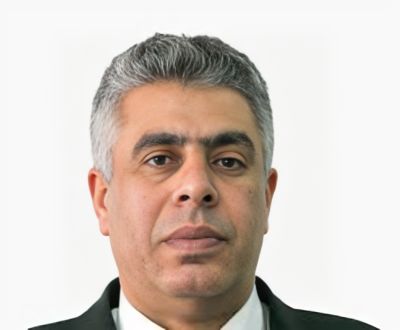Israeli Prime Minister Benjamin Netanyahu expressed a strong connection to the vision of “Greater Israel,” considering it a historical and spiritual mission shared by past, present, and future generations of Jews, with each generation passing the mission to the next. This statement, made during an interview with Israeli broadcaster and former right-wing MP Sharon Gal, sparked strong reactions from Arab countries including Egypt, Jordan, and the Gulf Cooperation Council (GCC). According to recent Israeli interpretations, this map includes all of current Palestine, Jordan, Lebanon, Syria, parts of Iraq, Egypt, and the Arabian Peninsula. In September 2024, shortly after the Israeli army assassinated Hezbollah Secretary-General Hassan Nasrallah, Netanyahu declared it was time to start drawing a new map of the Middle East, repeating this statement multiple times, especially after the fall of Bashar al-Assad’s regime in Syria in December and the targeted operations against Iranian nuclear and military sites in June.
The UAE’s Ministry of Foreign Affairs issued a strongly worded statement condemning Netanyahu’s remarks as a blatant violation of international law and the UN Charter. Anwar Gargash, diplomatic advisor to the UAE President, described Netanyahu’s statements as extremist and arrogant rhetoric that has long cost the region dearly. The GCC Secretary-General, Jasem Al Budaiwi, also condemned the statements as a flagrant violation of the UN Charter and international law and a direct threat to regional security and stability. Saudi Arabia strongly denounced the statements and reaffirmed its total rejection of settlement and expansionist ideas. Jordan described the statements as absurd and provocative, asserting they would not affect Jordan or the Arab countries. Similar rejection came from most Arab countries and the Arab League.
These Arab positions are positive but require further coordination to send a clear message to the US and Israel that the Arabs will not accept Netanyahu’s map.













Recommended for you
Talib Al-Rifai Chronicles Kuwaiti Art Heritage in "Doukhi.. Tasaseem Al-Saba"
Exhibition City Completes About 80% of Preparations for the Damascus International Fair Launch
Unified Admission Applications Start Tuesday with 640 Students to be Accepted in Medicine
Egypt Post: We Have Over 10 Million Customers in Savings Accounts and Offer Daily, Monthly, and Annual Returns
Al-Jaghbeer: The Industrial Sector Leads Economic Growth
His Highness Sheikh Isa bin Salman bin Hamad Al Khalifa Receives the United States Ambassador to the Kingdom of Bahrain